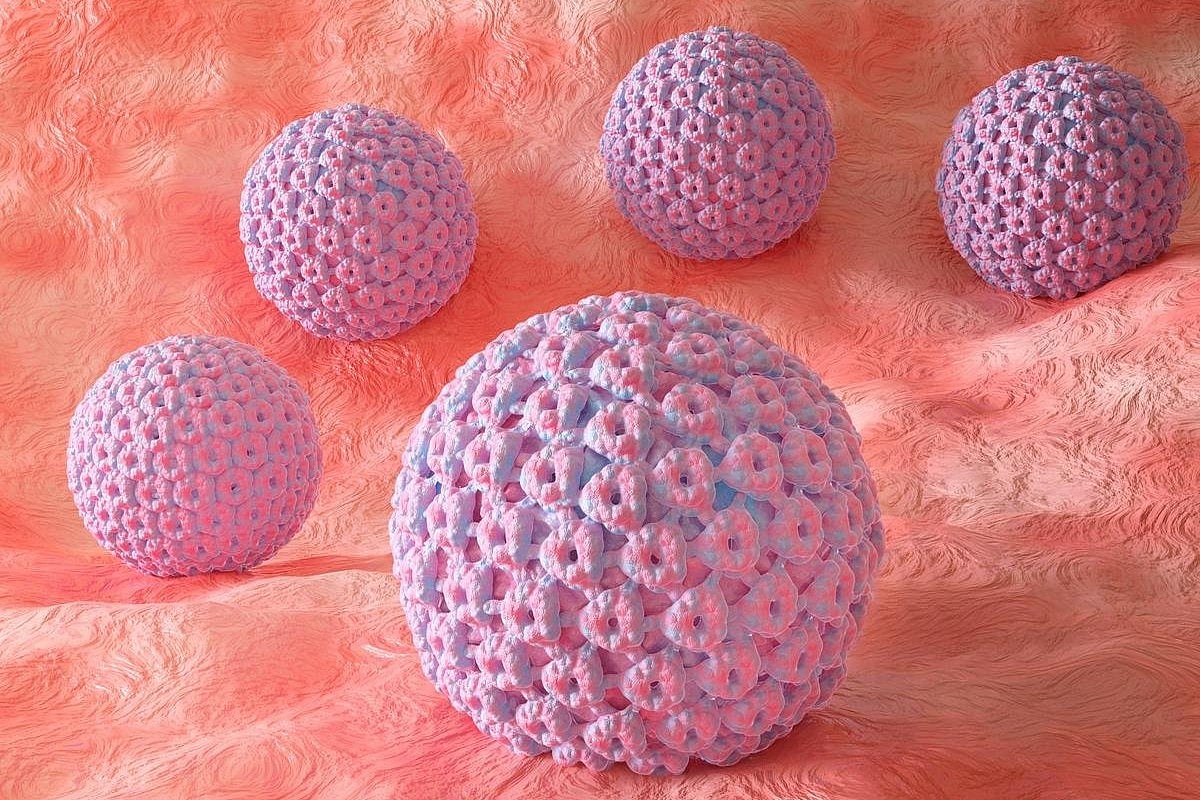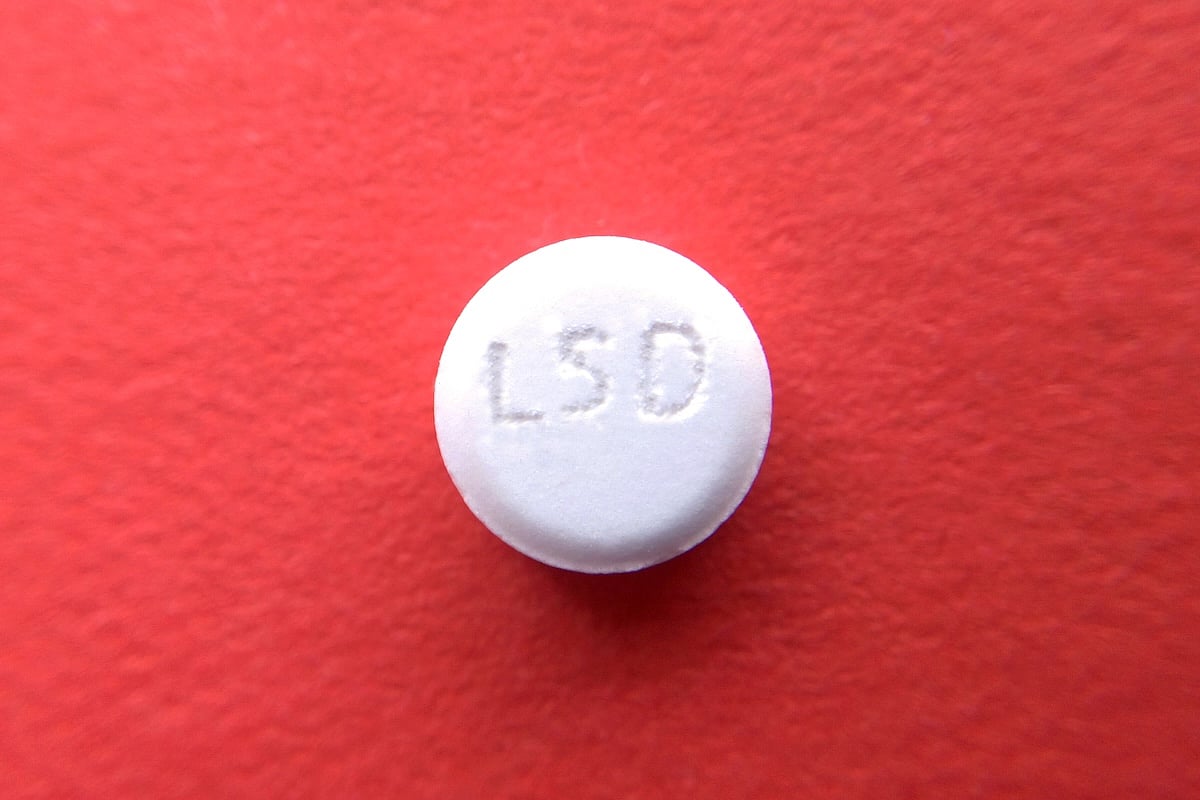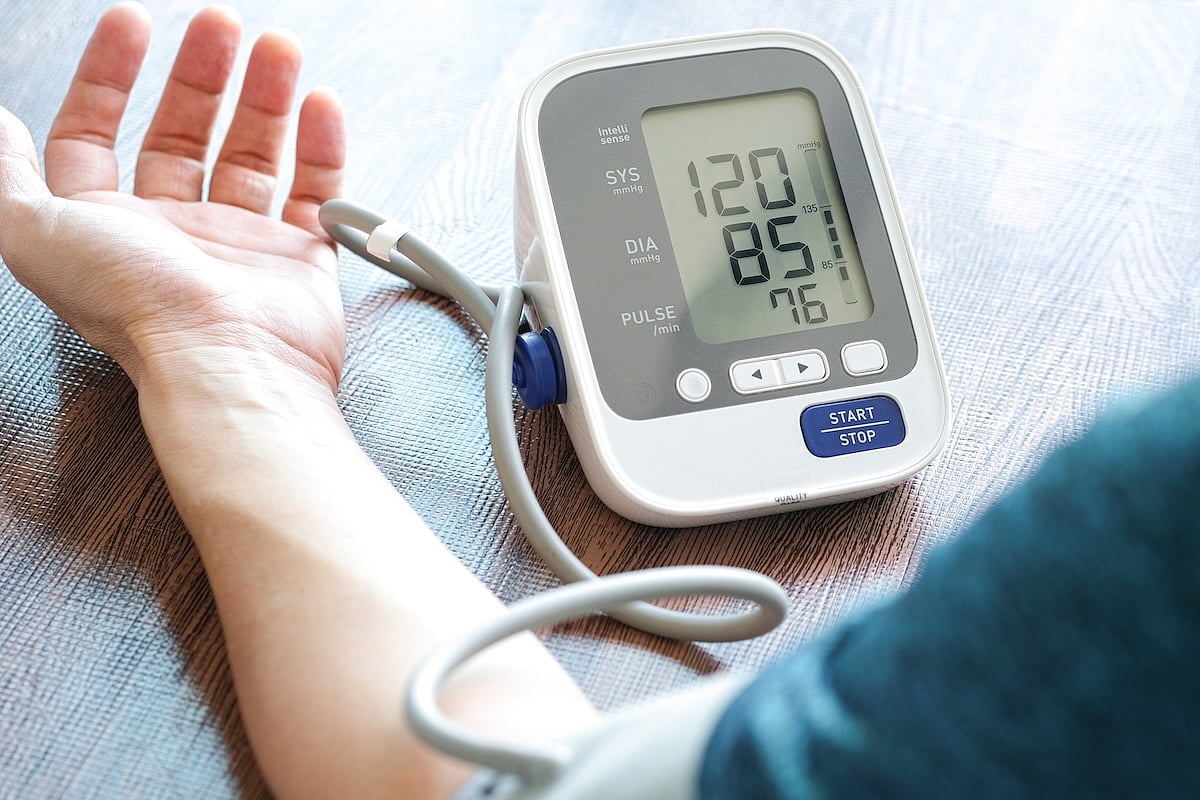
Destroying the Amazon rainforest doesn’t just threaten the environment, it may also make people sick. A study published Sept. 11 in the journal Communications Earth & Environment found that rates of certain diseases were lower in regions where forests were protected and managed by Indigenous peoples. Researchers say the findings add evidence to what Indigenous… read on > read on >






























